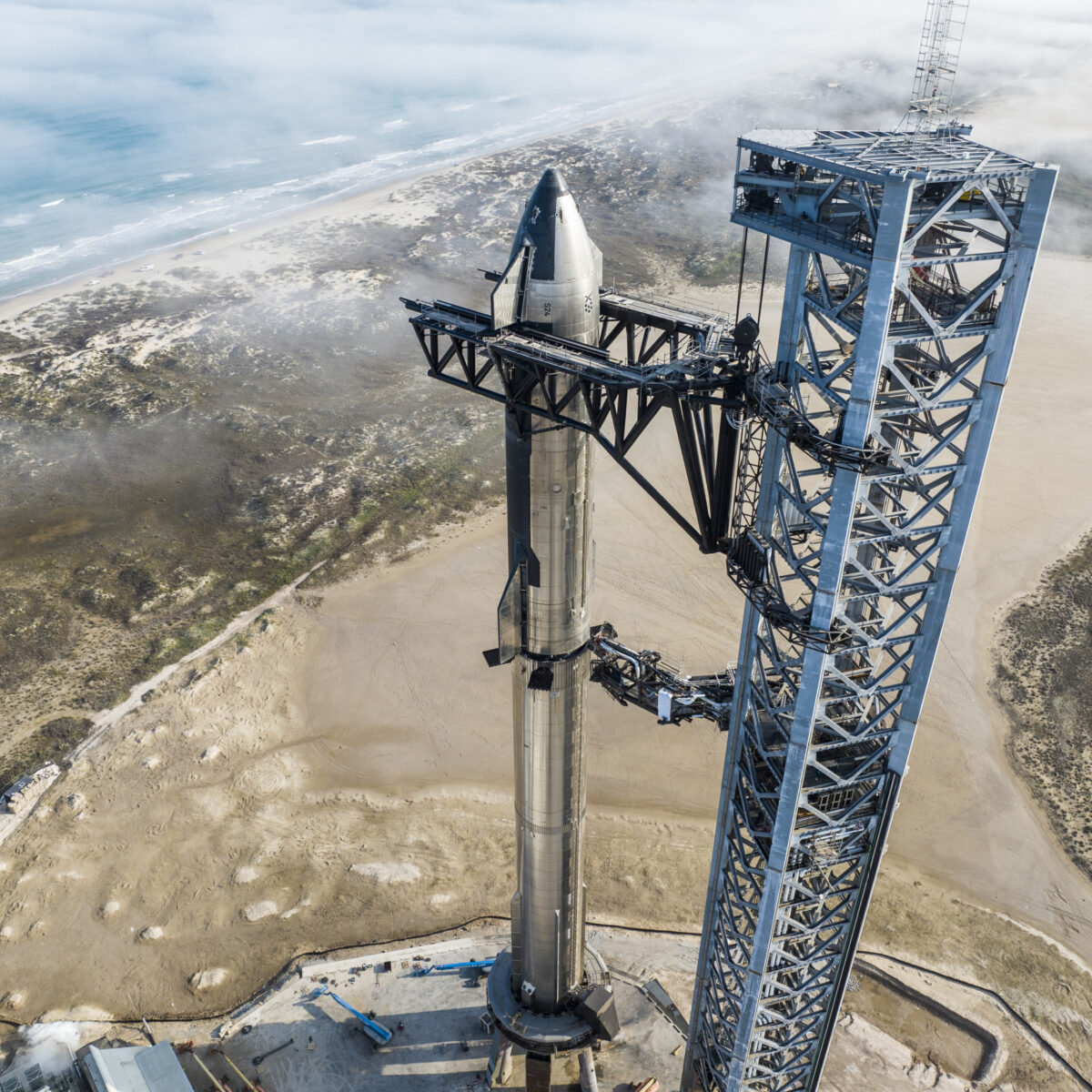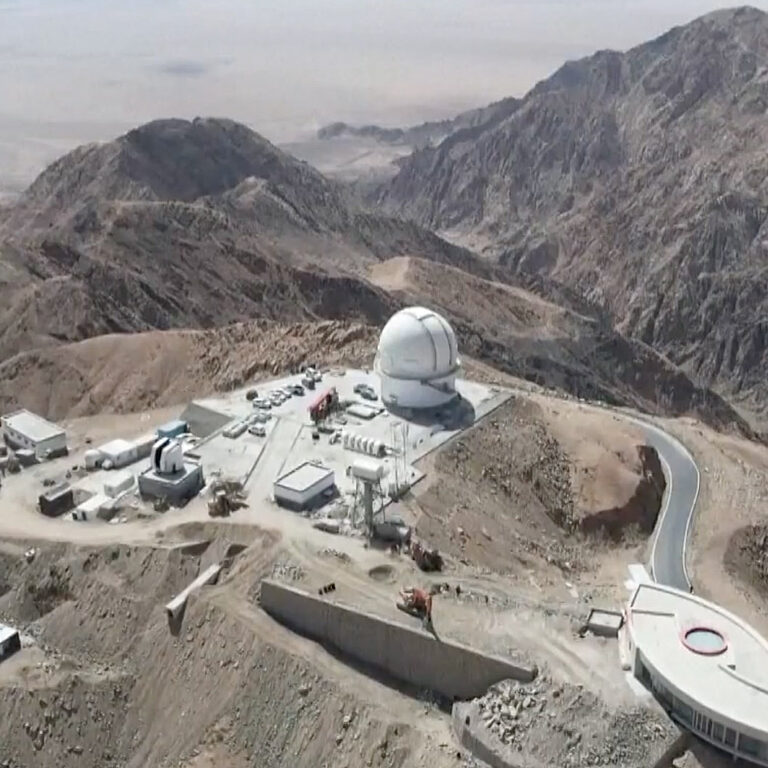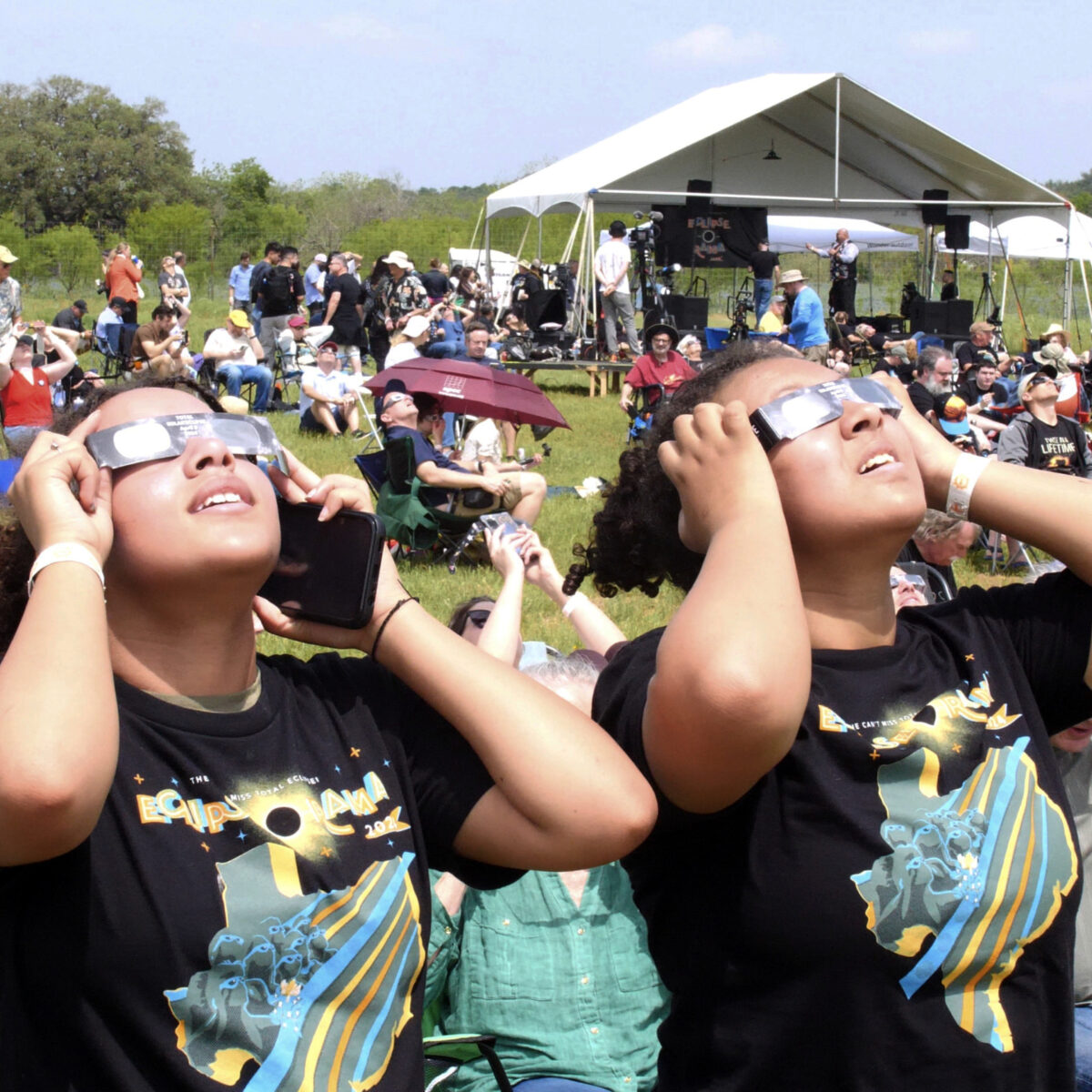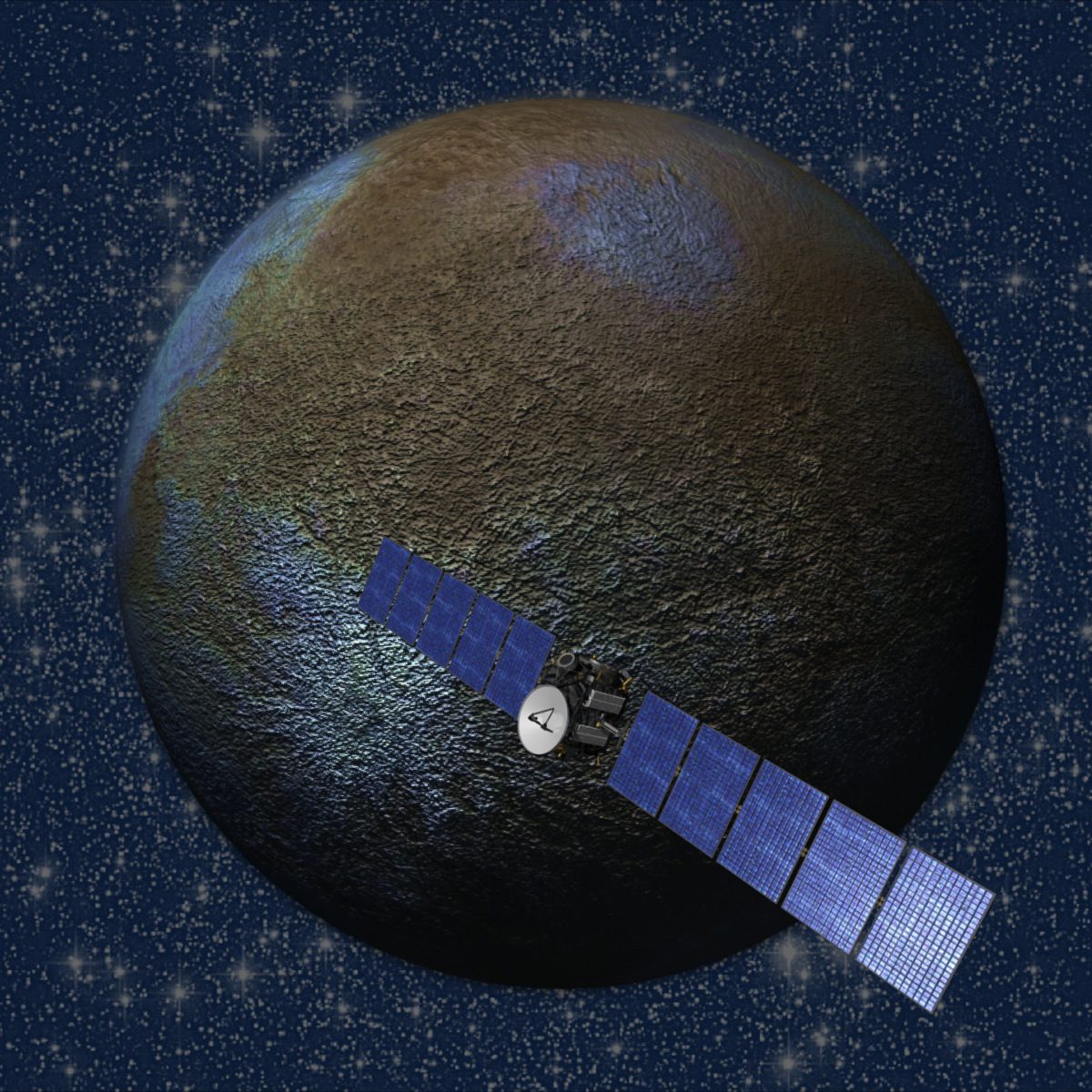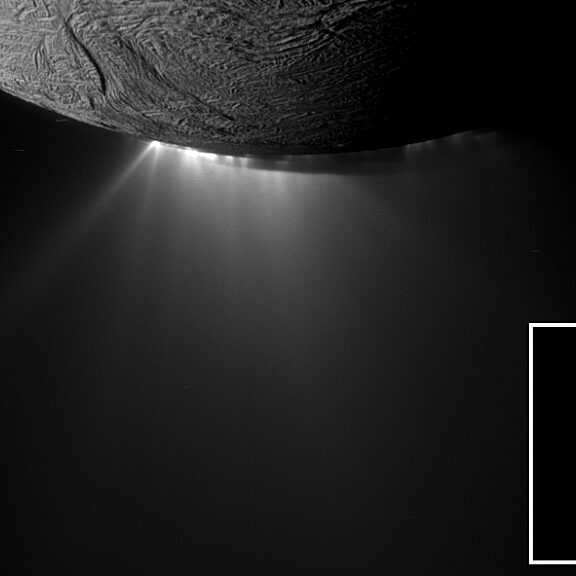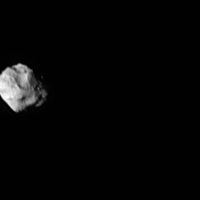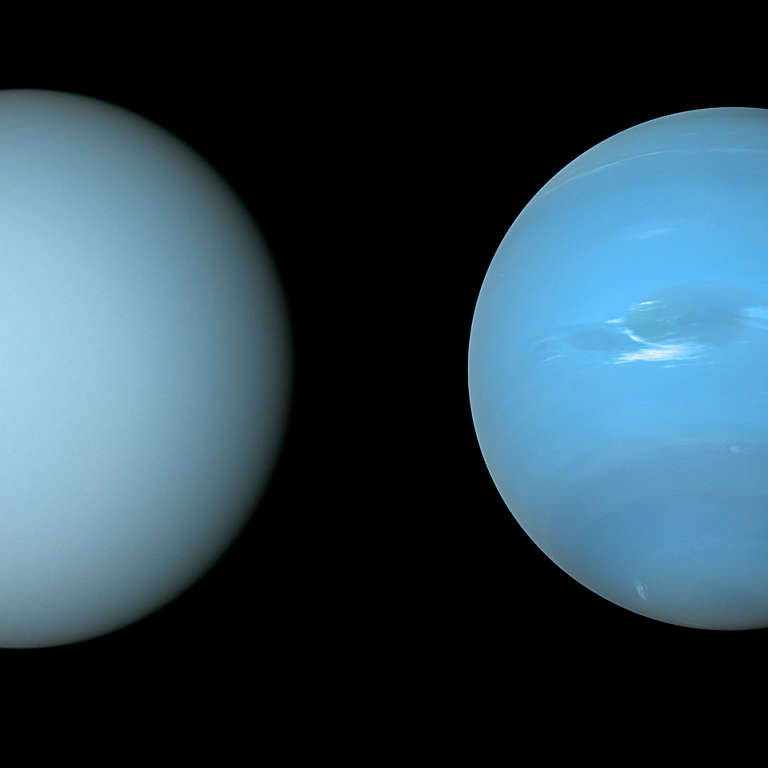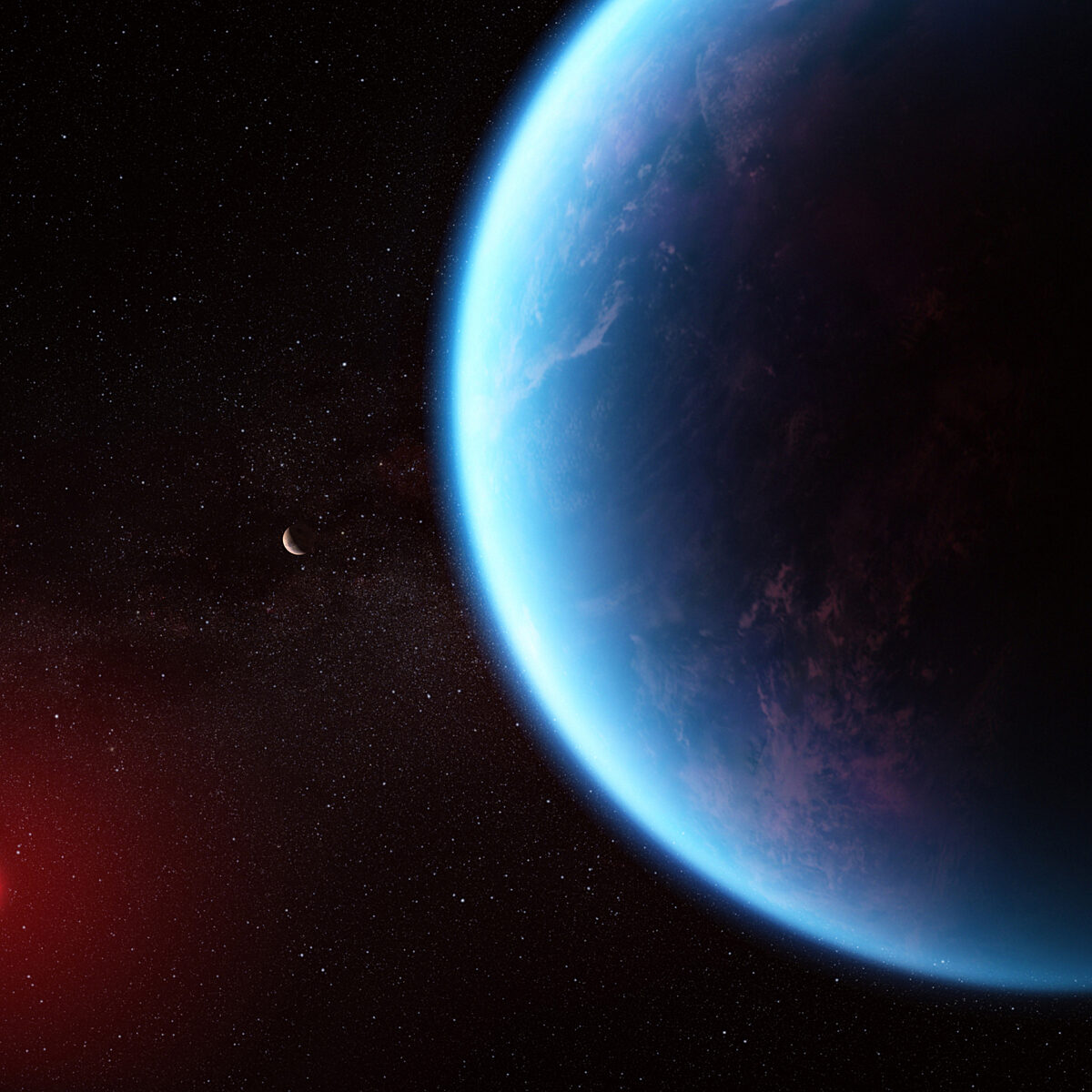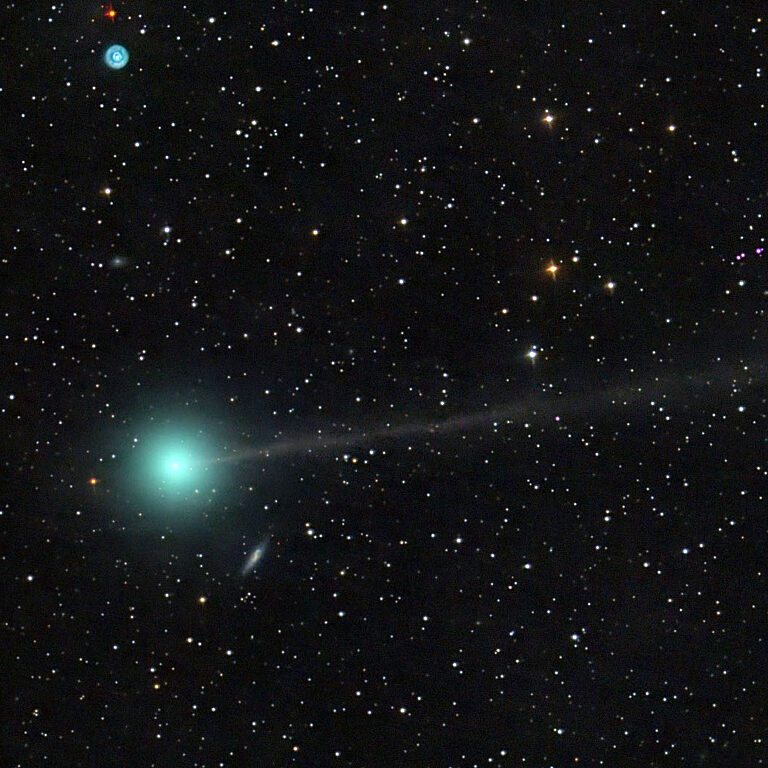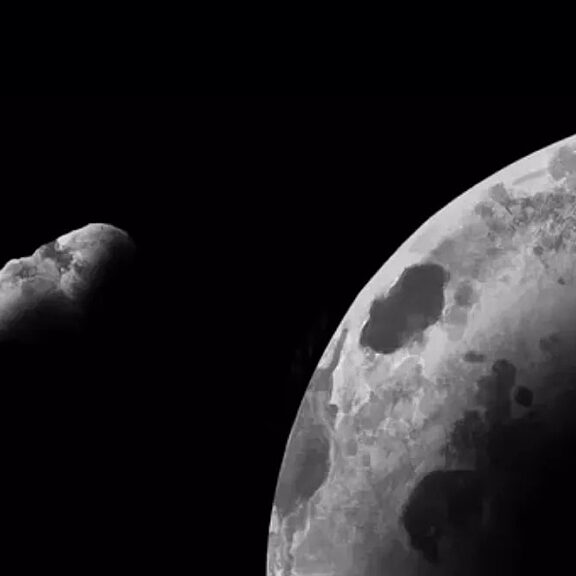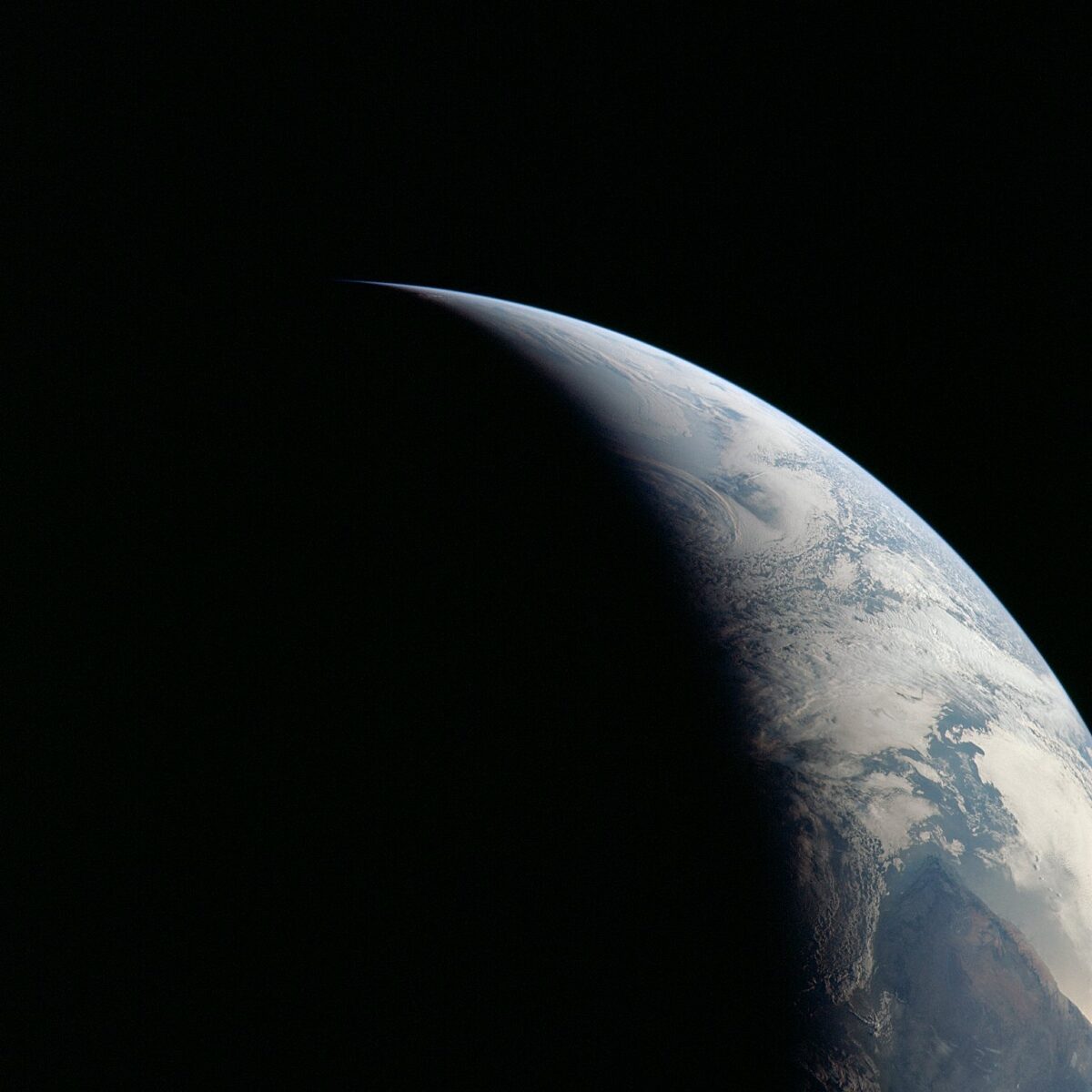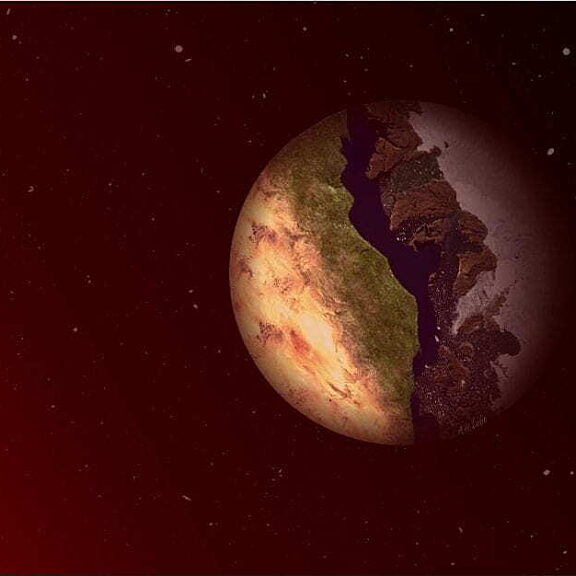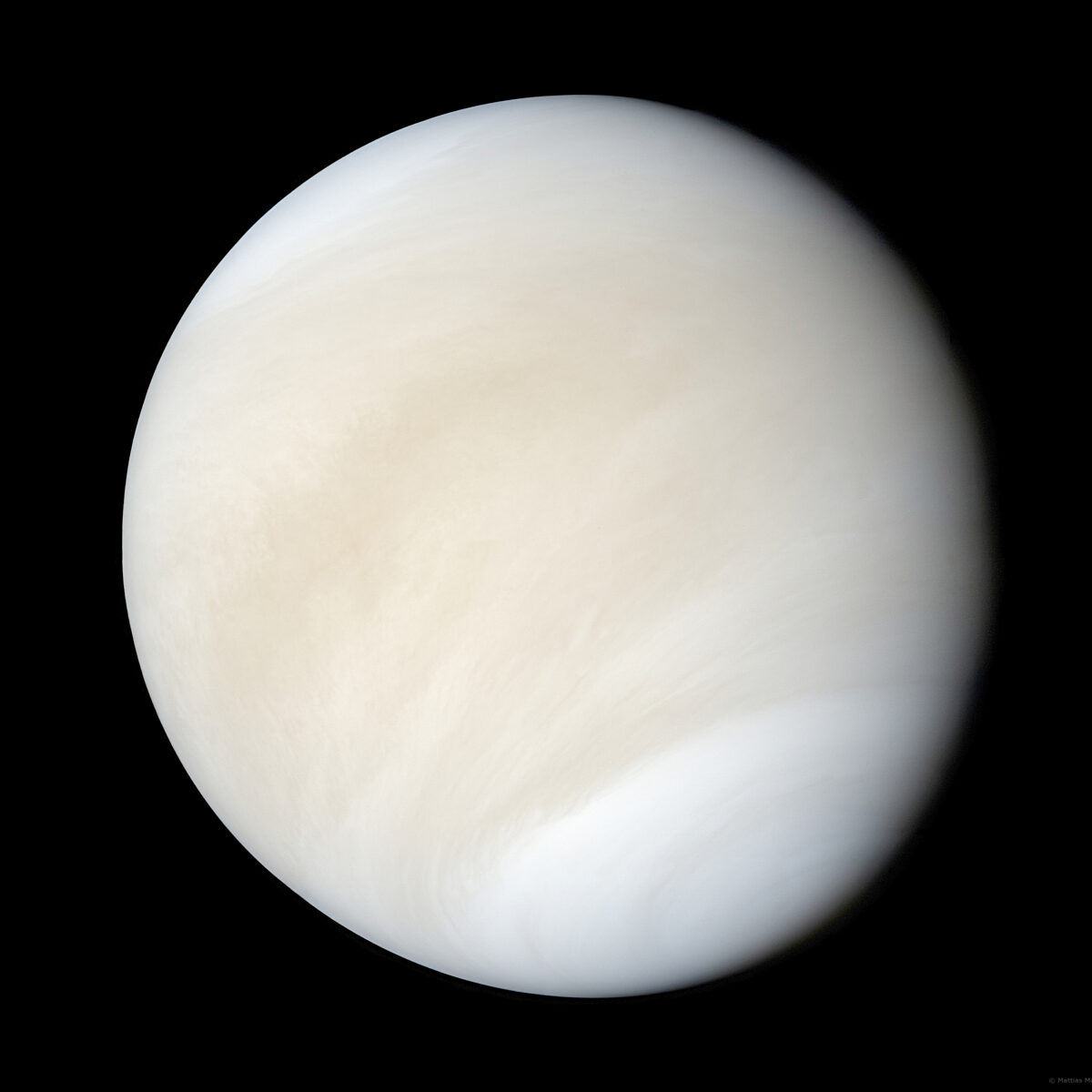All
All
Stories, updates, insights, and original analysis from The Planetary Society.
How soon will Starship fly?
One rocket could decide how soon humanity returns to the Moon — and maybe one day sets foot on Mars.
China targets its first planetary defense test mission
China’s first planetary defense test is taking shape. The ambitious mission will use a single launch to observe and impact a near-Earth asteroid.
What DART has taught us so far
NASA's DART mission showed that if we detect a dangerous asteroid headed toward Earth, knocking it off course with a spacecraft is a potential option.
Your impact: June solstice 2024
Growing space salads and advocating for exploration
What are competed planetary missions?
A critical part of a balanced exploration program, competed missions are scientist-led projects that cost less and occur more frequently than large, flagship-class missions.
How do NASA and ESA work together?
NASA and the European Space Agency (ESA) have a long-standing partnership that has resulted in spectacular science missions, including the James Webb Space Telescope and the Cassini-Huygens mission to Saturn.
Can SpaceX’s Starship save Mars Sample Return?
Though promising conceptually, Starship presents more questions than answers for NASA's Mars Sample Return needs.
The best places to search for life in our Solar System
From Earth's neighboring planets to distant moons, these are the best places to look for alien life.
What to look forward to in space in 2024
A total solar eclipse and the launch of Europa Clipper are on our list of cosmic events to get excited about this year.
Asteroids vs comets vs meteorites/meteoroids/meteors
A handy guide to help tease apart the differences between asteroids, comets, meteors, meteorites, and meteoroids. e
China's plans for outer Solar System exploration
A Callisto impactor, a Uranus flyby, and a dedicated ice giant orbiter could be on China’s planetary exploration horizon.
How astronomers search for life on exoplanets
Technologies for studying planets around other stars are advancing all the time. Along with those advancements come new ways to look for possible signs of life on those planets.
How do humans try to communicate with aliens?
SETI is the search for extraterrestrial intelligence, using various techniques to look for signals from advanced alien civilizations. METI (messaging extraterrestrial intelligence) is when we send out our own signals for aliens to find.
Cometary sights and sounds
Discover what causes a comet’s color and what it might be like to listen to one whiz by.
See for yourself
See the month’s coolest space pictures, see planets in the night sky, and create the future in space that you want to see.
What would happen if an asteroid hit the Moon?
If a large asteroid impacted the Moon, would it cause problems for us here on Earth?
Storms and showers
Mars has storms of dust, while Saturn pours down ammonia rain. Here on Earth, we passed through a debris tail to get a special kind of shower.
Hasta la vista, baby
Terminators abound this week in space, and we’ll be back to Mars if NASA gets the budget it needs.
Are exoplanet 'terminator zones' a lead in the search for life?
Exoplanets with terminator zones are unusual worlds that may challenge our traditional understanding of habitability.
Life on Venus: Your Questions Answered
Is there life on Venus? Was our planetary neighbor ever inhabited? Here are the answers to your most pressing questions about the possibility of alien life on Venus.


 Explore Worlds
Explore Worlds Find Life
Find Life Defend Earth
Defend Earth


 Sun
Sun Mercury
Mercury Venus
Venus Earth
Earth Mars
Mars Jupiter
Jupiter Saturn
Saturn Uranus
Uranus Neptune
Neptune Small Bodies
Small Bodies